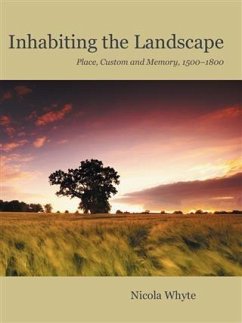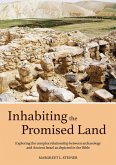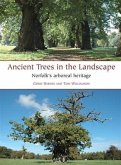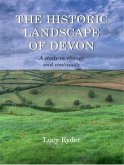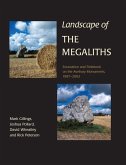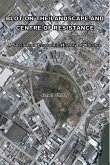The discipline of landscape history has recently taken a new turn: away from the analysis of past land use and environments towards an understanding of landscape as a social construct. This book is a significant step along this exciting new road. Focusing on Norfolk in the post-medieval centuries, Nicola Whyte recaptures the essential character of ordinary people's experience of landscape. She shows how perceptions were deeply rooted in the comprehension of material antiquities, the annual round of work, public events and religious ritual, and the complex web of rights and jurisdictions mapped out in the fields. People valued and gave meaning to the landscape for a wide range of reasons, many of them unconnected with the economic potential of the land. Landscape features outside the confines of the church and the graveyard - pilgrimage routes, crosses, wells and springs - played an important part in the ideological shift of the Reformation. Parish boundaries, and in particular the annual ritual of 'beating the bounds' at Rogationtide, reveal much about the shifting pattern of local allegiances and competition over resources. Places of execution and the graves of suicides were 'mneumonic spectacles' defining both geographical and behavioural limits. The local history of enclosure and rights to commons is the story of nascent capitalism in rural England, a clash of values between modern productivity and ancient tradition that involved the reinterpretation and renegotiation of the past. Informed by the latest archaeological theory, this book shows how landscape development was a dynamic, experiential process, in which world-views changed as well as woods, hedges and fields.
Dieser Download kann aus rechtlichen Gründen nur mit Rechnungsadresse in A, B, BG, CY, CZ, D, DK, EW, E, FIN, F, GR, HR, H, IRL, I, LT, L, LR, M, NL, PL, P, R, S, SLO, SK ausgeliefert werden.

